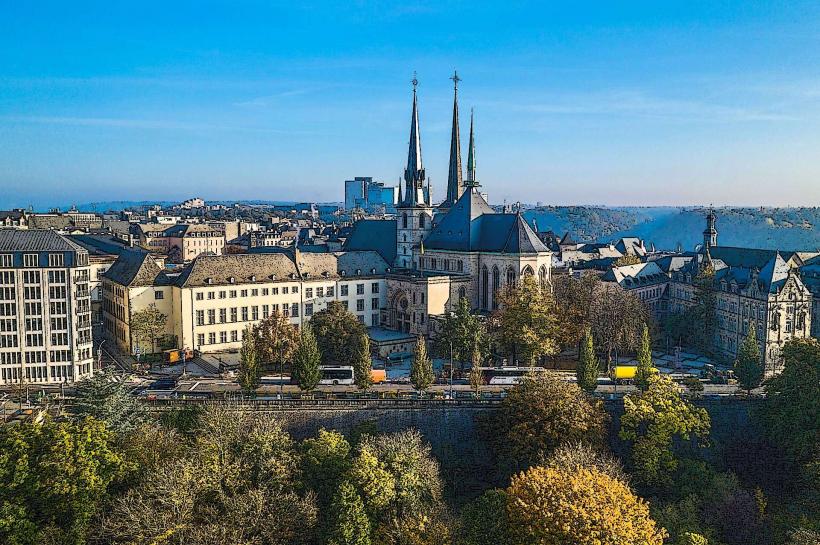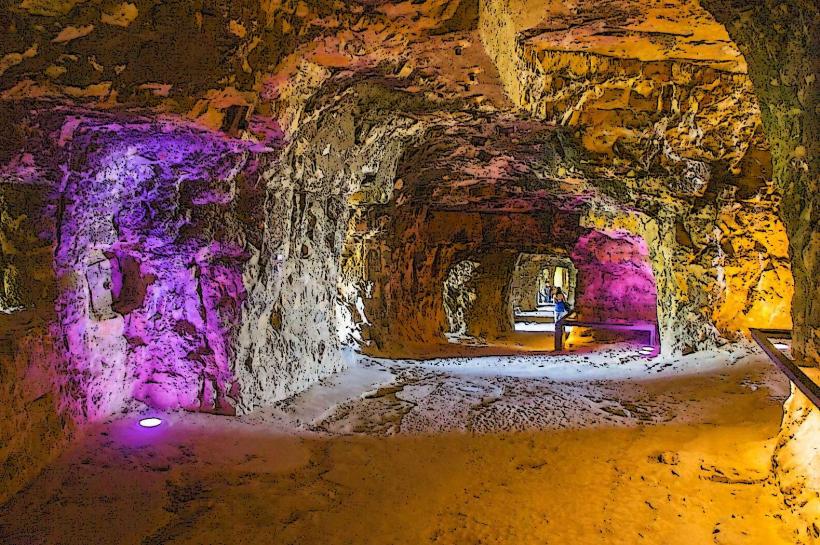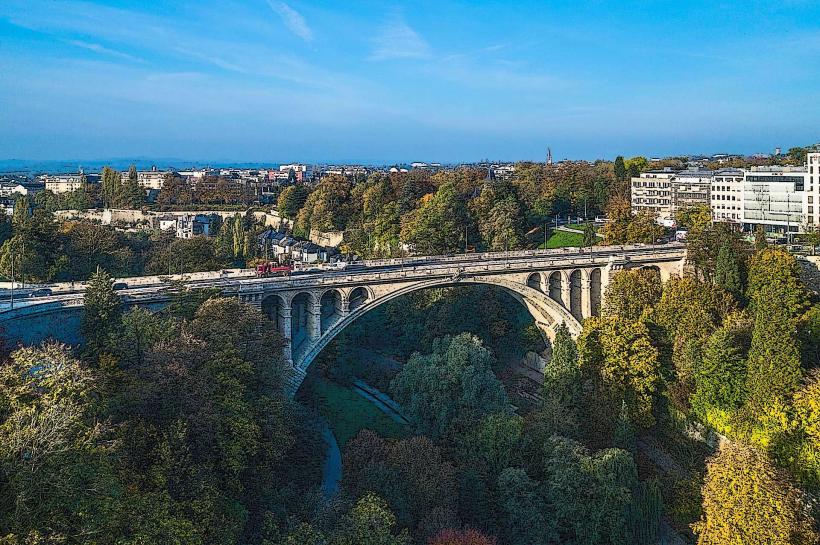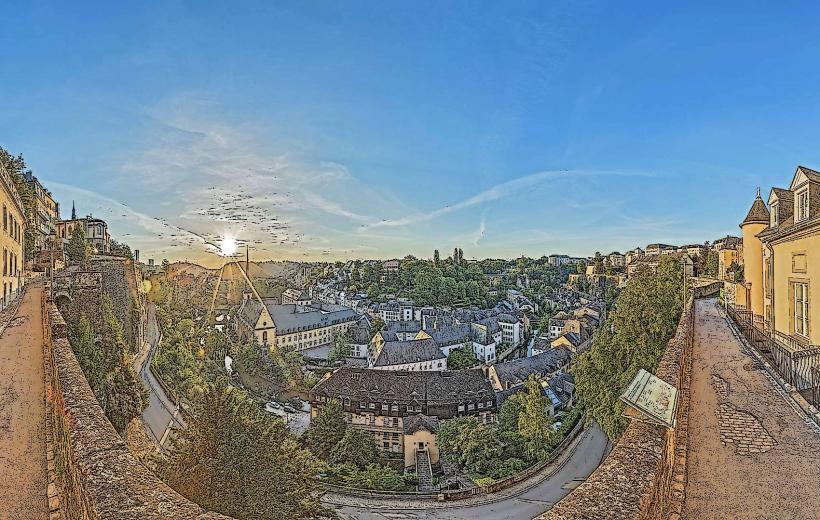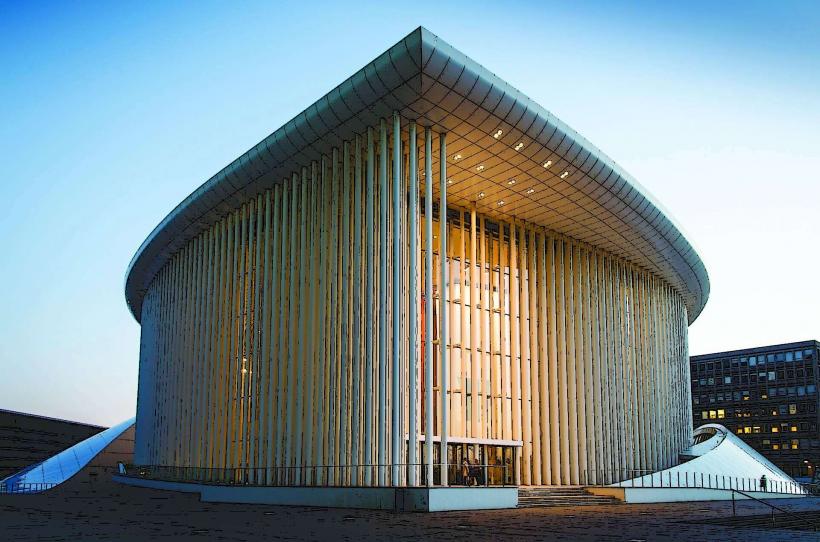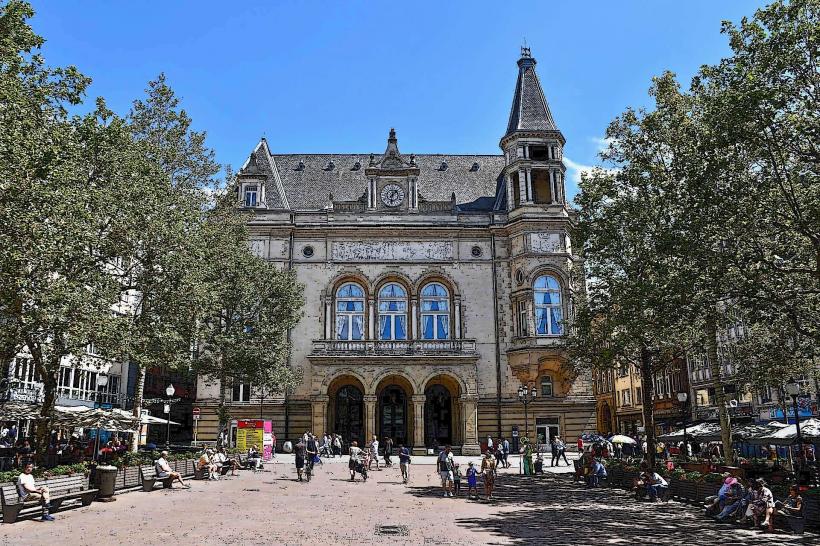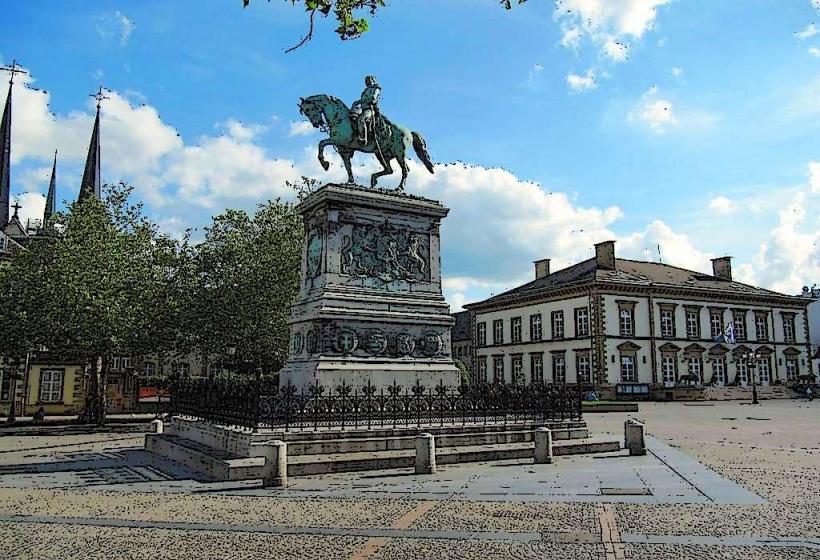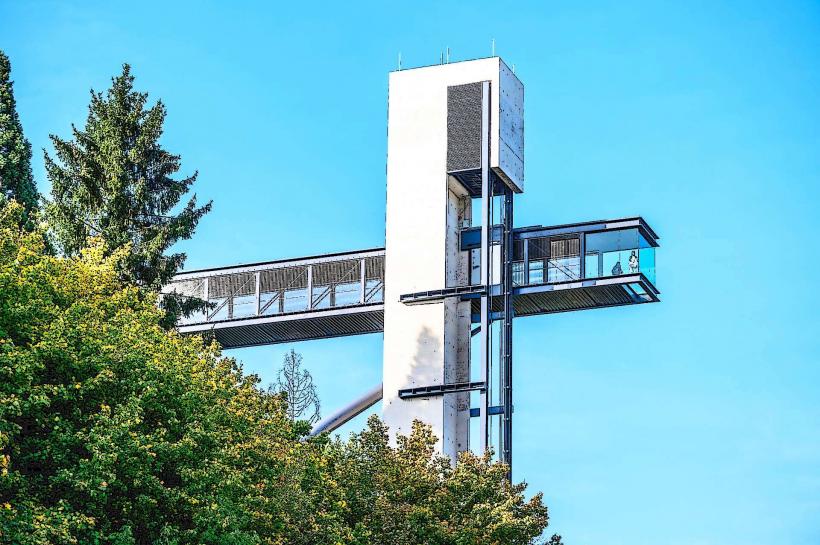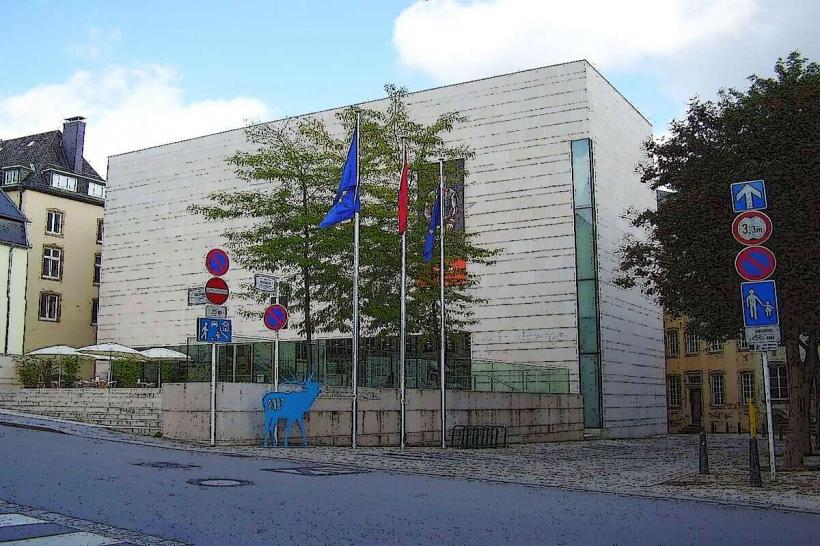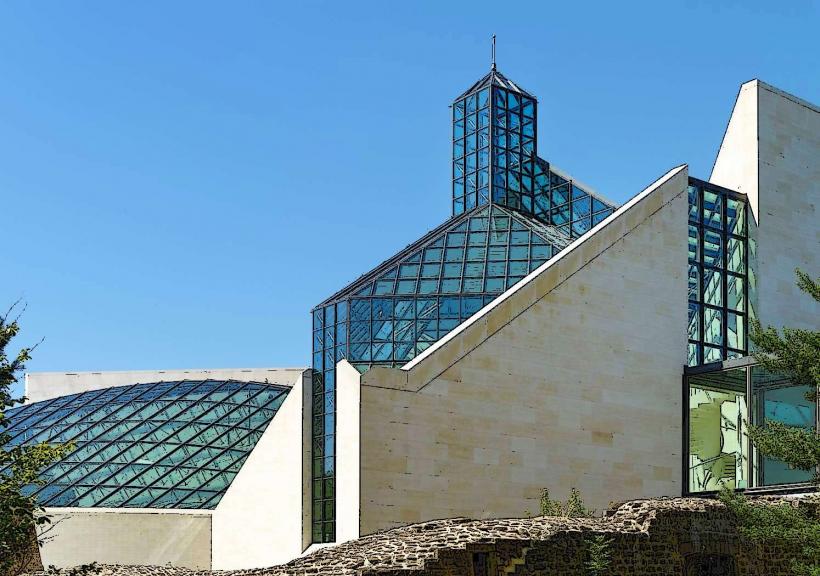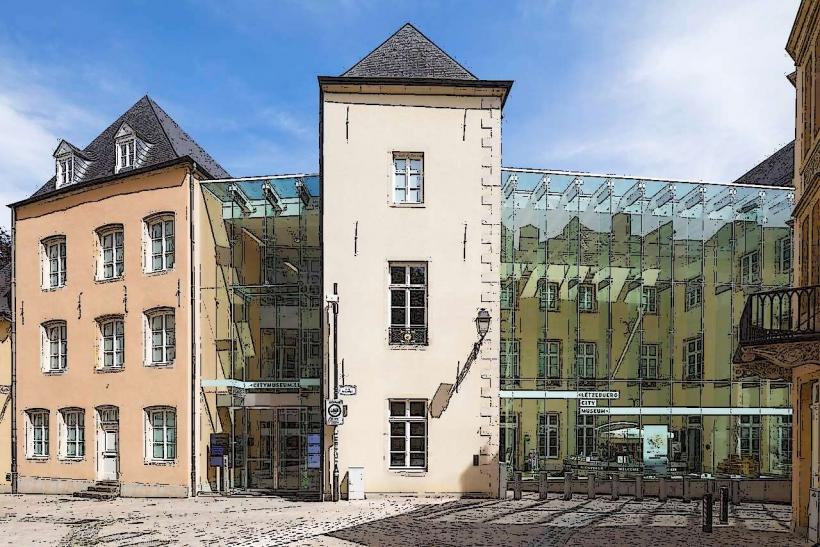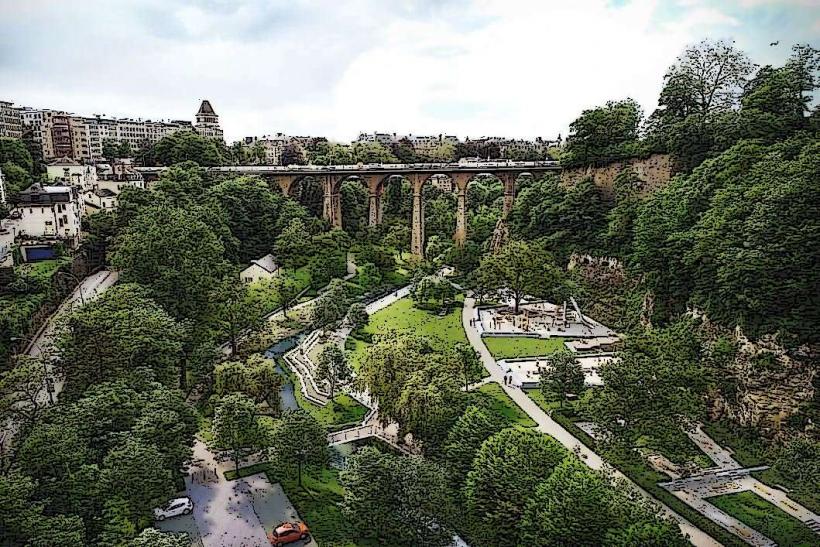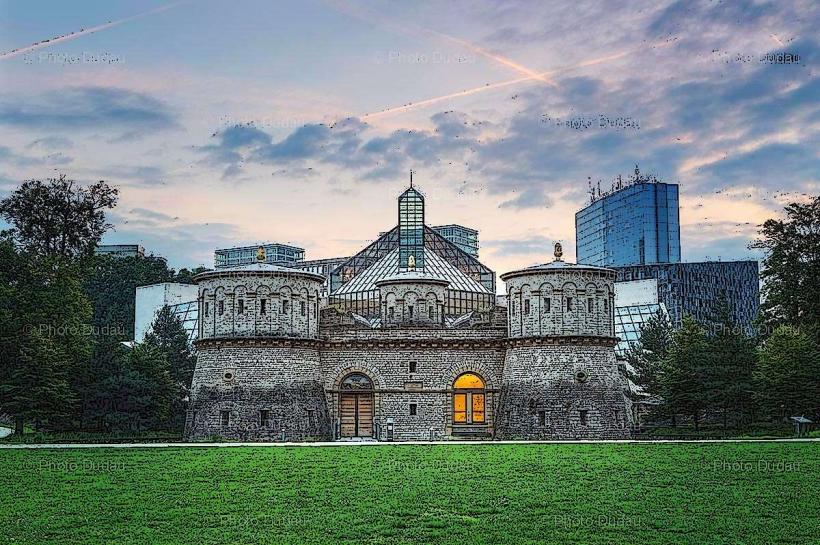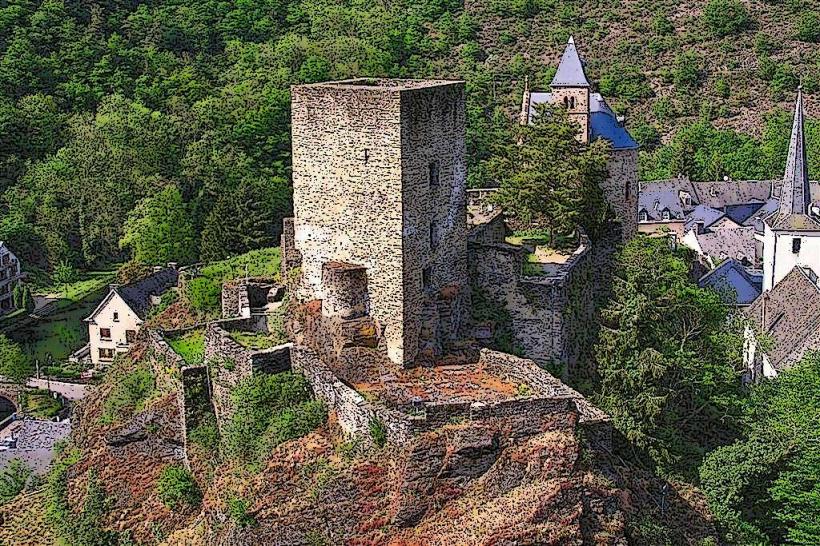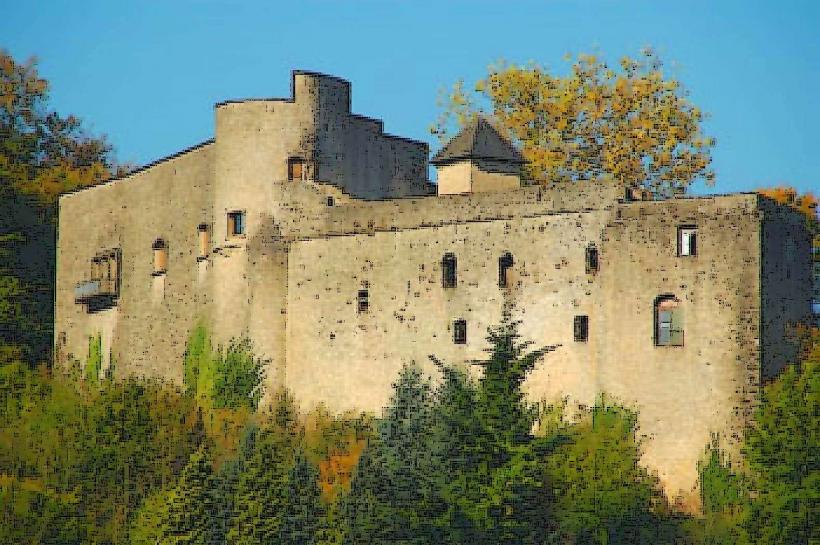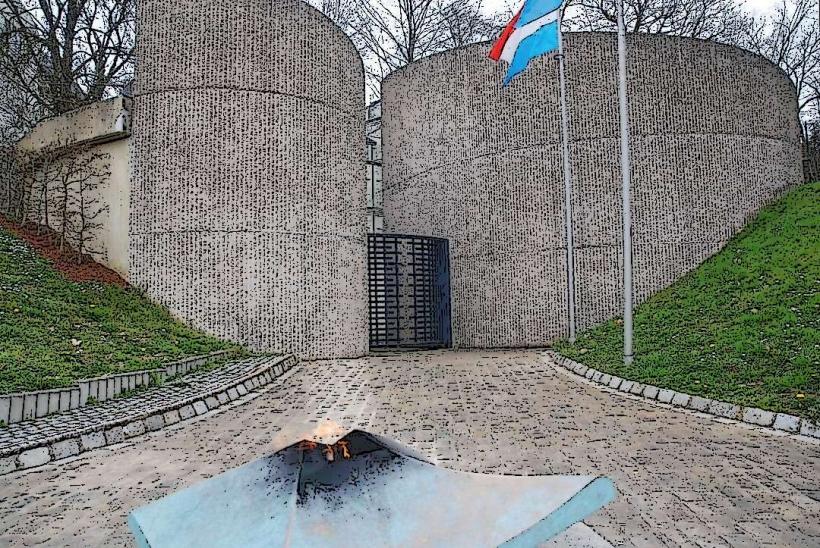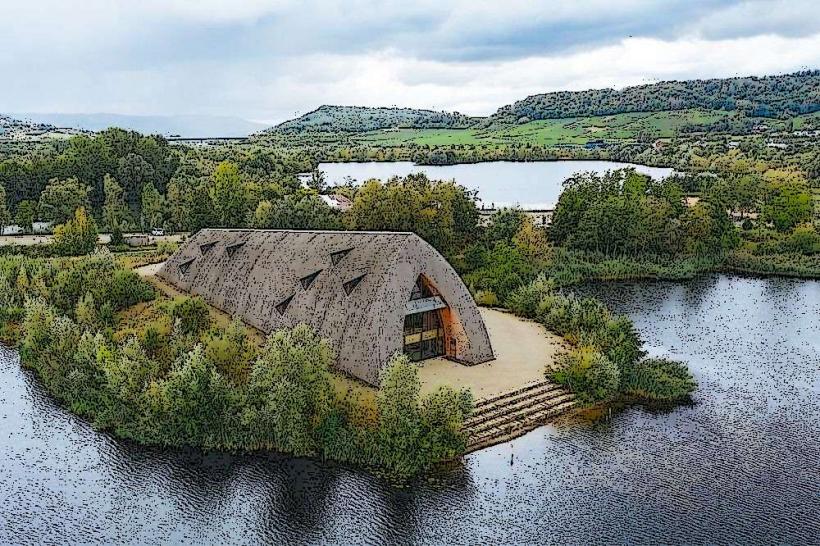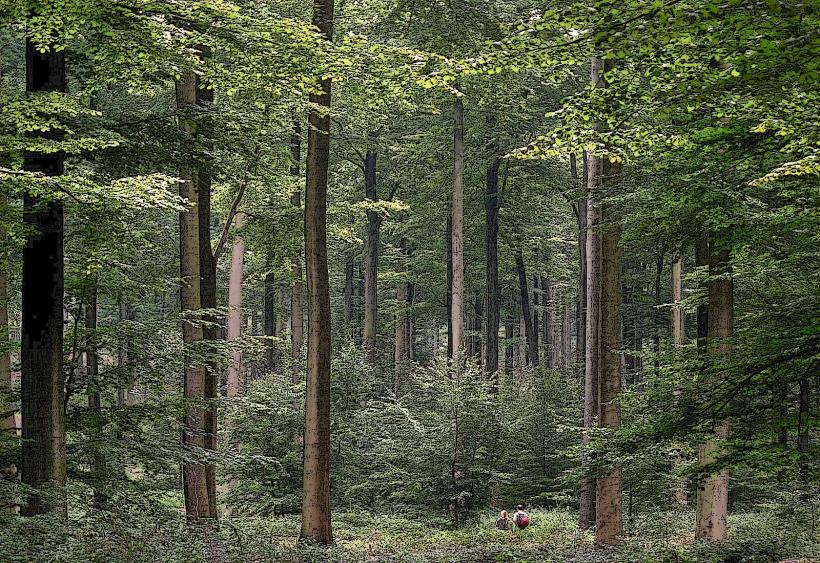Information
Landmark: Koeppchen VineyardsCity: Luxembourg City
Country: Luxembourg
Continent: Europe
The Koeppchen Vineyards (also known as Koeppchenberg) are located in the Moselle Valley in Luxembourg, specifically in the Remich area, one of the country’s most renowned wine-producing regions. This area is famous for its picturesque vineyards, steep slopes, and high-quality wine production, particularly white wines made from Riesling, Pinot Gris, and Pinot Blanc grapes.
Key Features of the Koeppchen Vineyards:
Location and Landscape:
- The Koeppchen Vineyards are located on the south-facing slopes along the Moselle River, benefiting from the ideal conditions for growing wine grapes: plenty of sunshine, a temperate climate, and fertile soil.
- The Moselle River plays a significant role in creating a microclimate that is perfect for viticulture, and the steep vineyard terraces help with drainage and maximizing sun exposure.
Wine Production:
- Koeppchen is part of the Luxembourg Moselle wine region, which is known for producing some of the best white wines in Europe.
- The vineyards are famous for their Riesling wines, which are considered some of the finest in Luxembourg, as well as for Pinot Gris, Pinot Blanc, and auxerrois wines.
- The wines from Koeppchen are often noted for their crisp acidity, aromatic complexity, and the unique character that comes from the terroir.
Historical Significance:
- The Koeppchen vineyards have a long history of wine cultivation dating back to Roman times. The Moselle Valley itself has been a significant wine-producing region for centuries, with many of the vineyards being passed down through generations.
- The name "Koeppchen" (meaning "little peak" in German) refers to the hill on which the vineyards are situated, which offers stunning panoramic views of the surrounding valley and the river.
Tourism and Wine Tasting:
- The Koeppchen Vineyards attract wine lovers and tourists from around the world. The region has wine cellars, wine bars, and vineyard tours where visitors can sample the wines and learn about the winemaking process.
- The Moselle Valley is also a popular destination for scenic river cruises, hiking, and cycling along the Moselle Cycle Path, where visitors can stop at local wineries and vineyards like Koeppchen.
The Wine Route (Route du Vin):
- The Route du Vin (Wine Route) is a designated trail through the Luxembourg Moselle region, passing through vineyards, wine villages, and historical sites, including the Koeppchen Vineyards.
- The wine route is a popular way to explore the vineyards of the region, enjoy the local culture, and taste wines directly from the producers.
Sustainability and Quality:
- Many of the vineyards in the Koeppchen area emphasize sustainable farming practices, ensuring that wine production is environmentally responsible.
- The focus on quality, rather than quantity, is a hallmark of the Luxembourgish wine industry, and the Koeppchen vineyards exemplify this approach with their attention to detail and craftsmanship in winemaking.
Wine Characteristics from Koeppchen Vineyards:
- Riesling: Known for its crisp acidity, floral aromas, and mineral undertones, this is one of the flagship varieties from the Koeppchen vineyards.
- Pinot Gris and Pinot Blanc: These wines are often more rounded and full-bodied with flavors of ripe fruit and a smooth texture, making them perfect for pairing with a variety of dishes.
- Crémant: The Luxembourgish sparkling wine, often produced in this region, offers refreshing bubbles with notes of apple, citrus, and toasted bread.
Visiting the Koeppchen Vineyards:
Visitors to the Koeppchen Vineyards can enjoy both the natural beauty of the region and the opportunity to taste wines that are shaped by centuries of tradition. In addition to the tasting experience, the surrounding area offers plenty of scenic views and hiking paths along the river, making it a perfect destination for both wine connoisseurs and nature lovers.
The Koeppchen Vineyards are a prime example of the rich wine culture in Luxembourg, offering an immersive experience into both the local heritage and the region's high-quality wine production.


